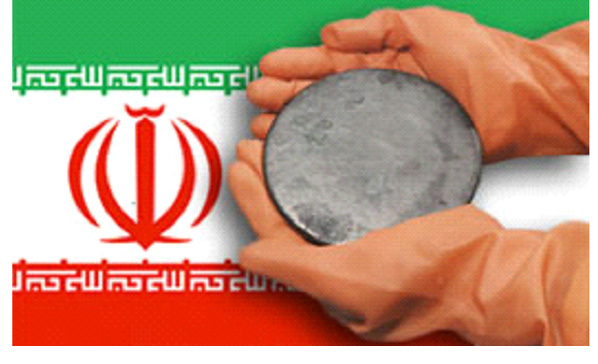A company from Spain's Basque country smuggled machinery to Iran for likely use in the country's nuclear program through an elaborate scheme involving a shell company in Turkey, Spanish tax authorities said on Monday, Reuters reported.
Spain's tax agency said the company had managed to send over seven machines designed to make parts for turbines used in energy plants, in a scheme that violated United Nations security council sanctions against Iran.
A source close to the operation named the company involved as ONA Electroerosion.
The machines, sold for nearly 1 million euros ($1.30 million), were destined for use in Iran's nuclear development program, according to the agency's investigations to date.
The U.N., the United States and the European Union have imposed sanctions on Iran for refusing to halt nuclear enrichment, which Western powers fear is part of a plan to amass the capability to produce nuclear weapons.
Iran argues its atomic work is for use in medicine and generating electricity.
The company, based in the Basque municipality of Durango, had been denied a license to export seven fan-manufacturing machines to Iran in September 2009, precisely because of fears they could be used in the nuclear program.
But it later duped Spanish customs by using an intermediary company set up in Turkey by its Iranian business partner, and shipped the machinery to Istanbul before dispatching it to Tehran.
Spain's tax agency said it had raided the company's premises on November 13, removing documents and other information it was still analyzing.
Its operation, dubbed "Kakum", began earlier this year, when it became suspicious of the company's activities.
No one has yet been arrested or charged in relation to the scheme, the agency said, though added those responsible could face prison sentences and a fine of close to 6 million euros.
($1 = 0.7713 euros)






